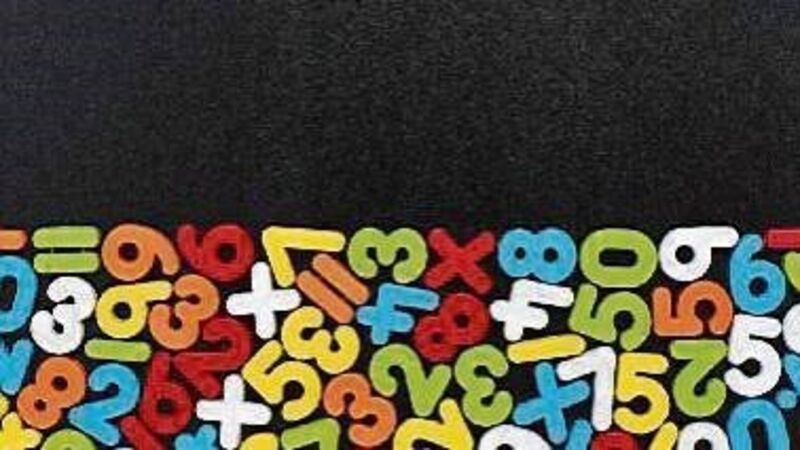Appliance of Science: Where did numbers come from?

Seven-year-old Lile from Bray, Co Wicklow, has counting on her mind and she sent me this question. “Who made up numbers and when do they stop?” It seems numbers and some form of counting go back a long way.











